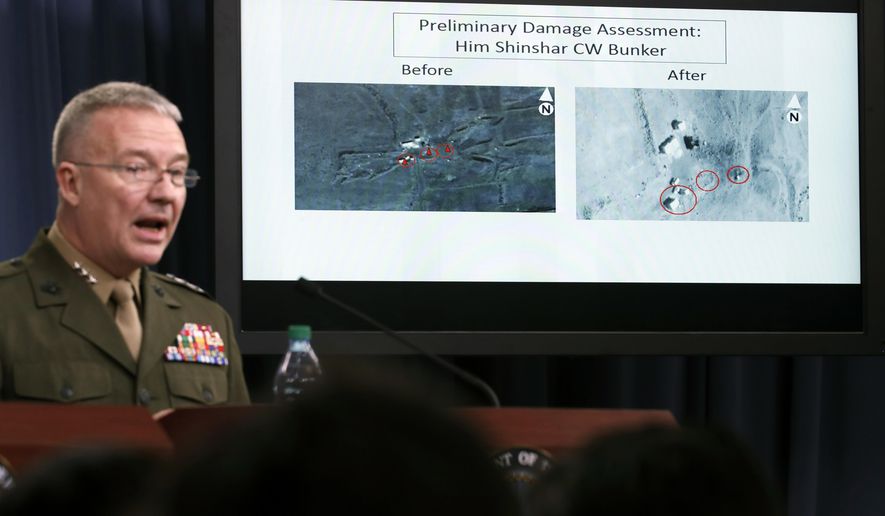America’s former top general in the Middle East said Sunday he advised President Biden against withdrawing all U.S. troops from Afghanistan last summer, and he said that the Pentagon made clear to the White House that a full withdrawal would almost surely lead to a rapid Taliban takeover of the country.
In an interview with “Fox News Sunday,” Gen. Kenneth F. McKenzie, the former chief of U.S. Central Command, said he believes the Taliban could’ve been kept at bay and the U.S.-backed Afghan government could have remained in power had Mr. Biden decided instead to keep a small contingent of American troops in the country.
Gen. McKenzie’s interview comes just days before the one-year anniversary of the U.S. withdrawal from Afghanistan, which marked the end of the longest-running war in American history and paved the way for the extremist Taliban to reclaim power.
“I advised against withdrawing, my recommendation and my opinion, and it remains so today, was we had the opportunity to remain in the country with a small force,” said Gen. McKenzie, who led CENTCOM during the chaotic American military pullout in August 2021.
“We believe that Kabul would fall if we pull out our troops. It was just a question of when Kabul would fall and we have been saying that really since the fall of the year,” before the withdrawal, he said.
“That had been a consistent position of Central Command, our subordinates in Afghanistan, that if we leave, they’re going to collapse. It’s just a question of when they’re going to collapse … This was not a particular surprise to us.”
Gen. McKenzie said he’s confident Mr. Biden saw those assessments, casting more doubt on why the president made public declarations last summer that he believed the Afghan government would survive and that the Taliban wasn’t capable of overrunning the country so quickly.
“Look, I’m confident that my assessments went up the chain of command. I’m sure the president saw them. The president of [the] United States has to make decisions based on a variety of factors,” Gen. McKenzie said. “My input was certainly one of those factors and I appreciate the opportunity to have had that input, but the president is going to have to make decisions based on a much broader range of considerations.”
The Pentagon has consistently said that Afghanistan, despite the Taliban’s assurances to the contrary, remains home to Islamic terrorists, including those affiliated with al Qaeda and the Islamic State.
Earlier this month, a U.S. drone strike in Kabul killed al Qaeda leader Ayman al-Zawahri, fueling questions about whether the Taliban is once again allowing al Qaeda to use Afghanistan as a safe haven. Asked whether that fact could eventually force American troops back to Afghanistan, Gen. McKenzie seemed to suggest that’s a real possibility.
“I know this — it is in the best long-term interest of the United States to not allow these centers of violent extremism to grow and expand in Afghanistan. And I believe under the current Taliban regime, that’s probably what’s going to happen,” he said.
“The last time I was looking at intelligence, that was a position we had,” Gen. McKenzie said. “I follow it like everybody else does now, in the newspaper and other sources. But I see nothing to change that opinion that the threat is growing in Afghanistan and it’s merely a matter of time.”
• Ben Wolfgang can be reached at bwolfgang@washingtontimes.com.




Please read our comment policy before commenting.